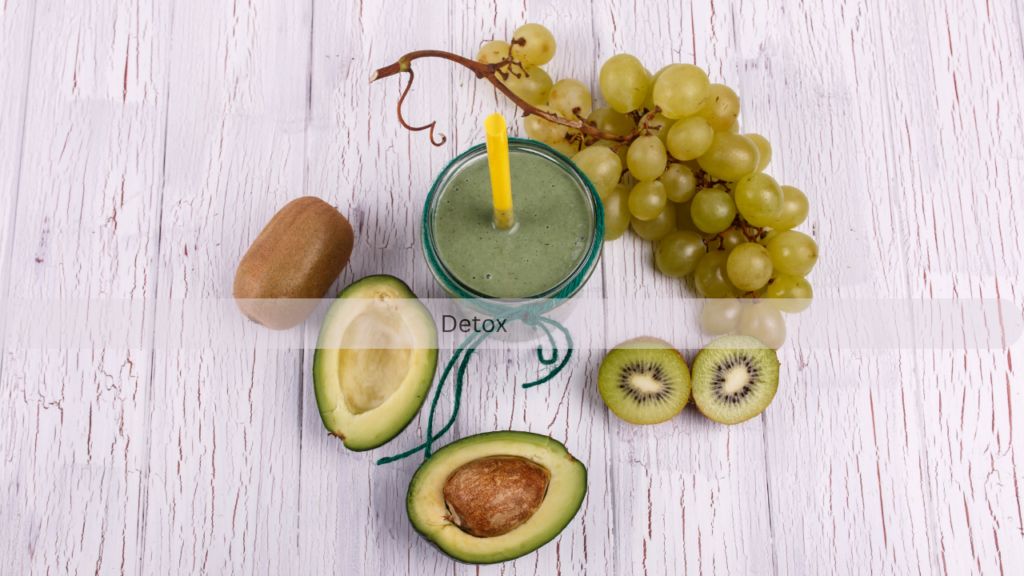
Detoxification, or detox, is the first crucial step for many people dealing with substance abuse. It is the process of allowing the body to rid itself of the harmful toxins built up through prolonged use of drugs or alcohol. Detox is often necessary to safely manage withdrawal symptoms and prepare the individual for the long-term journey of recovery. Understanding the importance of detox helps to clarify why it’s such an essential element of treatment for those battling addiction.
The Physical Toll of Substance Abuse
Substance abuse, whether it’s drugs or alcohol, takes a serious toll on the body. Over time, the body becomes physically dependent on the substance, adapting to its presence in the system. When an individual tries to stop using, the body goes into withdrawal, leading to a range of symptoms that can be mild to severe, depending on the substance involved, how long it was used, and the individual’s health condition.
Withdrawal symptoms can include nausea, vomiting, anxiety, tremors, hallucinations, seizures, and even life-threatening complications like delirium tremens (DTs) in the case of alcohol addiction. These symptoms make it extremely difficult for individuals to stop using substances on their own. This is where detox comes in.
What is Detox?
Detox is a process designed to manage the physical symptoms of withdrawal safely and comfortably. It’s a medically supervised intervention that allows individuals to rid their bodies of harmful substances while ensuring that the often painful and dangerous withdrawal symptoms are properly managed. Detox doesn’t address the underlying psychological aspects of addiction, but it serves as a necessary foundation for entering deeper treatment programs.
The process of detox varies depending on the substance being abused. For example, detoxing from alcohol might involve medications like benzodiazepines to prevent seizures, while opioid detox might include drugs like methadone or buprenorphine to ease withdrawal and cravings. Regardless of the substance, the goal of detox is to stabilize the individual so they can begin the next phase of treatment with a clear body and mind.
Why Detox is Essential
The primary reason detox is so important is safety. Withdrawal from certain substances, like alcohol and opioids, can be life-threatening if not managed correctly. Detox programs are staffed with medical professionals who monitor patients closely and provide medical care if complications arise. This ensures that the detox process is as safe as possible and helps prevent serious health consequences.
Another critical reason for detox is that it helps to break the physical dependence on the substance. When someone is physically addicted to a drug or alcohol, their body has adapted to its presence. Detox gives the body a chance to reset and start functioning without the substance. This is essential before the individual can engage in further treatment, like therapy or counseling, as a physically dependent brain cannot focus on the emotional and psychological work necessary for recovery.
Detox as the Foundation for Recovery
Detox alone is not enough to achieve lasting recovery from addiction. It’s just the first step in a much longer process. While detox addresses the physical aspect of substance abuse, true recovery requires addressing the psychological and behavioral components of addiction. Once detox is complete, individuals should immediately transition to comprehensive treatment programs that include counseling, behavioral therapies, and support groups to prevent relapse and deal with the root causes of addiction.
In conclusion, detox is an essential component of substance abuse treatment because it ensures the individual’s safety during withdrawal and helps break the physical dependence on the substance. Without detox, the body cannot properly function without the drug, making further treatment difficult. By understanding the importance of detox, individuals can take their first step toward a healthier, addiction-free life. Detox lays the foundation for meaningful, long-term recovery, providing the stability needed to move forward in the healing process.